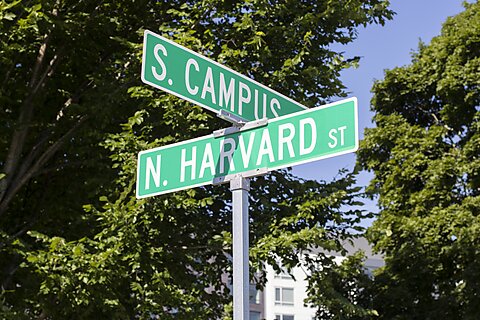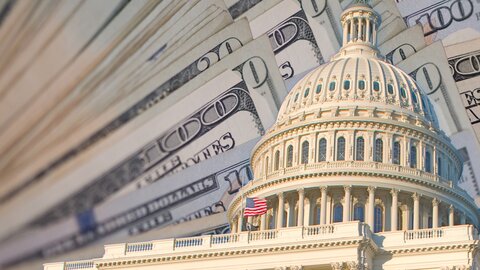
Higher Education in Libertarian Land
US higher education has been much in the news lately, and not in a good way. The growing polarization and acrimony, moreover, seem likely to get worse under current government policies toward higher education.
In Libertarian Land, all colleges and universities are private. Governments do not fund research, subsidize student loans, or operate colleges or universities.
Relatedly, the tax code never taxes “business income” as such, instead attributing all income to individuals. This eliminates any need to distinguish between for‐profit versus non‐profit activities and thus removes any preferential tax status for higher education. University endowments are treated no differently than the assets of other economic entities.
Under this regime, all expenditure on higher education and research comes from private sources (tuition revenue, private research funding, donations) and higher ed gets no help or hindrance from the tax code.
This means government in Libertarian Land does not have the justifications that Congress currently uses to interfere with higher ed. Colleges and universities are free to practice affirmative action in admissions, restrict speech, divest from fossil fuels, support research that uses stem cells, rename buildings, exclude students of a particular race, gender, or religion, determine their own policies toward sexual harassment or bullying, and everything else.
Each institution operates as it sees fit, subject only to the discipline of the marketplace.
This policy regime does not guarantee that Congress and state legislatures will never intervene in higher education; policymakers regulate innumerable activities that receive no subsidy.
The absence of funding or preferential tax treatment, however, raises the bar for interference. Title IX of the 1972 Education Amendments, for example, requires colleges that accept federal funds to adopt certain procedures for handling gender discrimination and sexual assault, implicitly allowing other schools to adopt different approaches. Title VI of the 1964 Civil Rights Act, which played a central role in the Supreme Court’s recent ban of affirmative action in college admissions, states:
No person in the United States shall, on the ground of race, color, or national origin, be excluded from participation in, be denied the benefits of, or be subjected to discrimination under any program or activity receiving Federal financial assistance. (Emphasis added.)
Congress and the Biden administration have justified their university investigations by pointing explicitly to the acceptance of federal funds.
A separate question is whether the policy regime proposed here is desirable overall since education and research might generate positive externalities. Reasonable people can disagree on this issue.
The arguments here, however, suggest that society cannot both subsidize higher education and avoid the controversy those subsidies exacerbate.
This article appeared on Substack on January 15, 2024.



